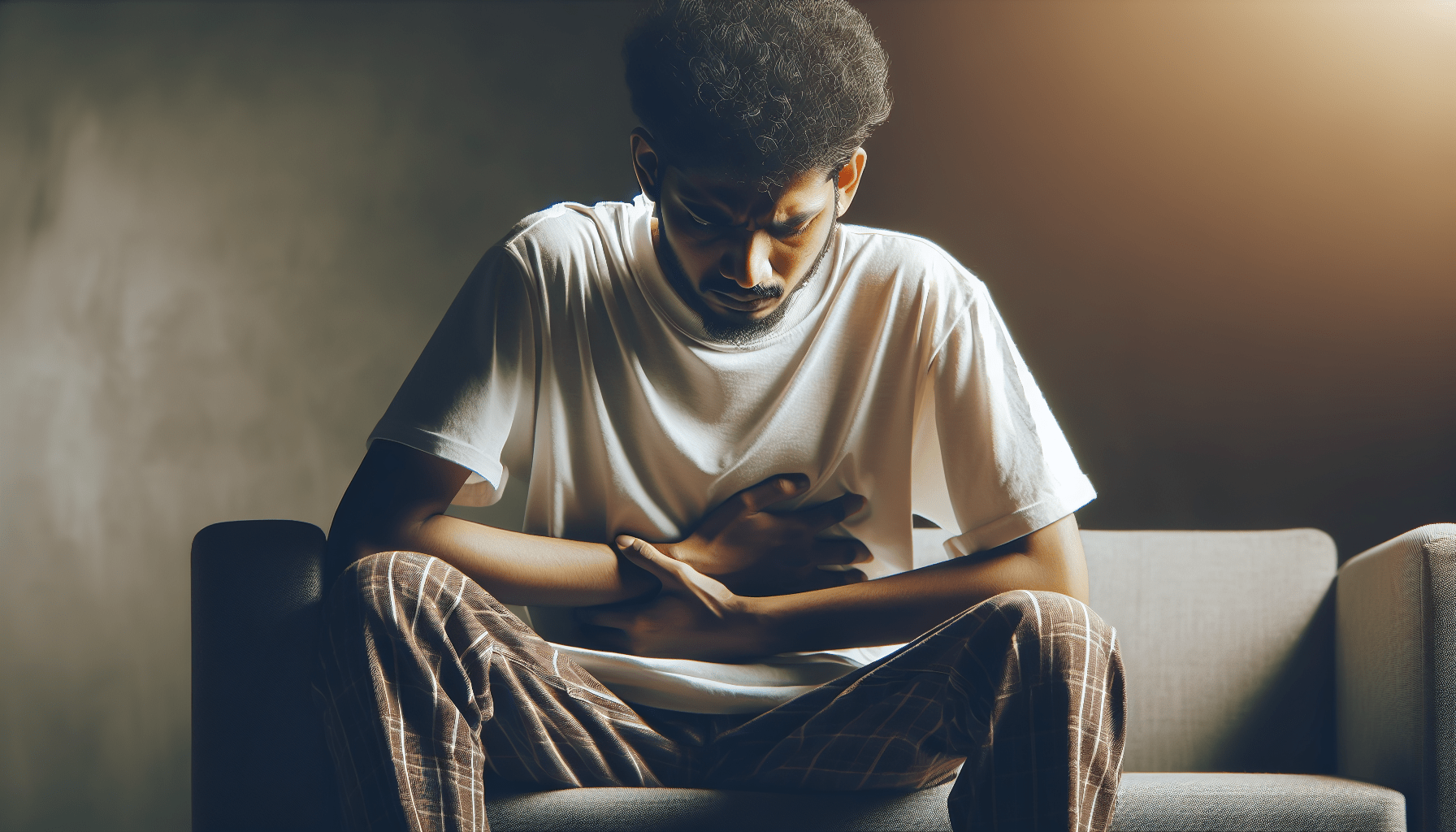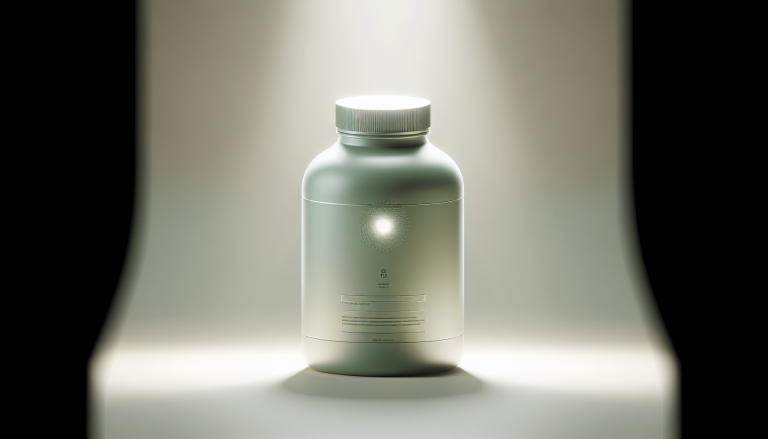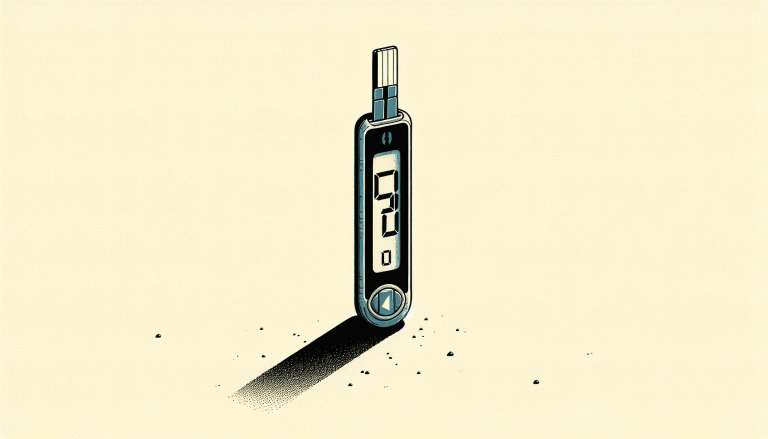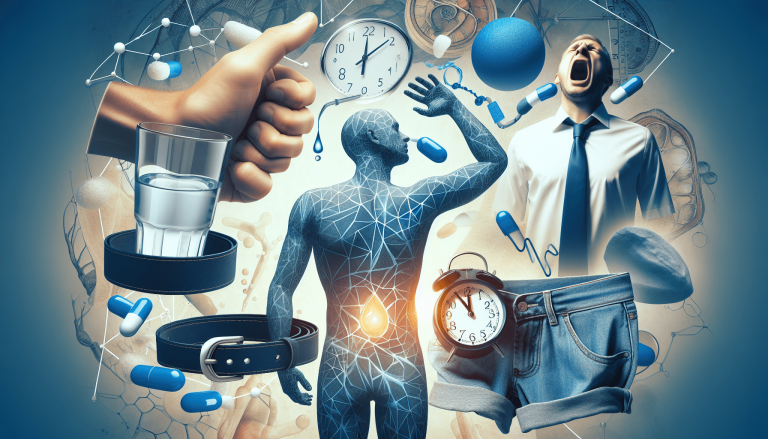Can Anxiety Make You Feel Physically Ill?
Welcome to an insightful journey exploring the connection between anxiety and physical health. In “Can Anxiety Make You Feel Physically Ill?” you’ll discover how the mind and body are intricately linked, and how anxiety can manifest physical symptoms that are all too real.
From heart palpitations and muscle tension to digestive issues and headaches, this article delves into the various ways anxiety can affect your body. You’ll also find helpful tips and strategies to manage these symptoms and improve your overall well-being. Get ready to understand how anxiety’s grip can extend beyond the mind and what you can do to regain control.
Have you ever wondered if your anxiety could actually make you feel physically ill? If so, you’re not alone. Anxiety is a common condition that affects millions of people worldwide and its symptoms can permeate many areas of life, including our physical well-being.
Understanding Anxiety
What is Anxiety?
Anxiety is a natural response to stress, characterized by feelings of fear or apprehension about the future. While it’s normal to feel anxious from time to time, chronic anxiety can significantly impact your daily life and physical health.
Common Types of Anxiety Disorders
There are several types of anxiety disorders, each with its own symptoms. Some of the most common are:
| Disorder | Symptoms |
|---|---|
| Generalized Anxiety Disorder (GAD) | Persistent worry, restlessness, fatigue |
| Panic Disorder | Sudden, intense fear, heart palpitations, chest pain |
| Social Anxiety Disorder | Extreme fear of social situations, avoidance behavior |
| Specific Phobias | Intense fear of specific objects or situations |
| Obsessive-Compulsive Disorder (OCD) | Repeated, unwanted thoughts or sensations (obsessions) and repetitive behaviors (compulsions) |
Understanding the different types of anxiety can help you identify what you’re experiencing and seek appropriate help.
The Mind-Body Connection
How Anxiety Affects Your Body
Our brains are powerful and have a significant impact on our bodies. When you experience anxiety, your body responds as if it is under threat, even if there’s no real danger. This phenomenon, often referred to as the “fight-or-flight” response, prepares your body to either confront or flee from the threat.
Physical Symptoms of Anxiety
When you’re anxious, your body may exhibit a range of physical symptoms due to the fight-or-flight response. These can include:
- Increased heart rate
- Rapid breathing or shortness of breath
- Muscle tension
- Headaches
- Stomach issues, like nausea or diarrhea
- Sweating
- Trembling or shaking
These symptoms occur because your body is flooding with stress hormones like adrenaline and cortisol, which can take a physical toll over time.

Anxiety and Physical Illness
Can Anxiety Cause Physical Illness?
Yes, anxiety can indeed make you feel physically ill. Chronic anxiety can lead to various health problems that manifest as physical symptoms. Over time, the stress hormones can damage your organs and weaken your immune system, making you more susceptible to illness.
Common Illnesses Linked to Anxiety
Here are some common physical ailments that can be linked to chronic anxiety:
| Ailment | Connection to Anxiety |
|---|---|
| Cardiovascular Issues | Chronic anxiety can lead to high blood pressure and heart disease. |
| Gastrointestinal Disorders | Anxiety often contributes to disorders like IBS (Irritable Bowel Syndrome) and ulcers. |
| Respiratory Problems | People with anxiety may experience shortness of breath and increased asthma attacks. |
| Migraines and Chronic Headaches | Anxiety is a well-known trigger for chronic headaches and migraines. |
| Immune System Deficiency | Ongoing stress can weaken your immune system, making you more prone to infections. |
Why Anxiety Leads to Physical Symptoms
The Role of Stress Hormones
When you’re anxious, your body releases stress hormones such as cortisol and adrenaline. These hormones prepare your body to deal with immediate danger by increasing your heart rate, tensing your muscles, and halting non-essential functions like digestion. While helpful in short bursts, prolonged exposure to these hormones can lead to various health complications.
Psychological Factors
The way you perceive and cope with anxiety can also determine how it affects your physical health. Chronic worrying and negative thought patterns can keep your body in a constant state of stress, leading to long-term physical symptoms.
Lifestyle Factors
Your lifestyle can both contribute to and exacerbate physical symptoms of anxiety. Factors such as poor sleep, unhealthy diet, lack of exercise, and substance abuse can deteriorate both your mental and physical health, creating a vicious cycle.

Managing Anxiety-Induced Physical Symptoms
Medical Treatment Options
Consulting a healthcare provider is crucial when it comes to managing anxiety. They might recommend a combination of medication and therapy tailored to your needs.
Medications
Common medications for anxiety include:
- Antidepressants: These can help manage general anxiety and panic disorders.
- Beta-Blockers: These are often used for acute anxiety symptoms like rapid heart rate.
- Benzodiazepines: These are fast-acting and can be used for severe anxiety episodes, but should only be taken for short periods due to the risk of dependency.
Therapy
- Cognitive Behavioral Therapy (CBT): This is one of the most effective treatments for anxiety, helping you identify and change negative thought patterns.
- Exposure Therapy: Especially useful for phobias and PTSD, this involves gradually exposing you to the source of your anxiety in a controlled way.
- Mindfulness-Based Stress Reduction (MBSR): This form of therapy teaches mindfulness and stress management techniques.
Lifestyle Changes
In addition to medical treatment, lifestyle changes can significantly help in managing anxiety and its physical symptoms.
Diet
A balanced diet can play a crucial role in managing anxiety. Lean proteins, whole grains, fruits, and vegetables can help stabilize your mood and energy levels.
Exercise
Regular physical activity helps reduce anxiety by releasing endorphins, the body’s natural mood enhancers.
Sleep Hygiene
Prioritize good sleep hygiene by maintaining a regular sleep schedule and creating a restful environment.
Stress Management Techniques
Activities like yoga, meditation, and deep breathing exercises can help lower stress levels and manage anxiety symptoms.
Self-Care and Managing Triggers
Self-care is vital for managing anxiety. Identify and avoid triggers that can exacerbate your condition. Use relaxation techniques and make time for activities you enjoy.
Journaling
Keeping a journal can help you understand your anxiety triggers and cope with stressful situations effectively.
Social Support
Having a strong support system of friends and family can make a significant difference. Don’t hesitate to lean on your support system for help.
When to Seek Professional Help
Recognizing When It’s Time
If your anxiety is disrupting your daily life or causing significant physical symptoms, it’s essential to seek professional help. Here are some indicators:
- Persistent, intense symptoms lasting more than a few weeks
- Difficulty functioning in daily activities
- Experiencing physical symptoms that concern you
Getting a Diagnosis
You can start by seeing your primary care physician, who can refer you to a mental health specialist like a psychologist or psychiatrist. Evaluations will include a physical exam to rule out other causes, as well as a psychological assessment.
Treatment Plan
A proper diagnosis will pave the way for an effective treatment plan. This may include medication, therapy, or a combination of both.
Conclusion
So, can anxiety make you feel physically ill? Absolutely. The connection between mind and body is powerful and undeniable. Chronic anxiety can lead to various physical symptoms and ailments if left untreated. However, by understanding your condition and seeking appropriate treatment, you can manage both the mental and physical aspects of anxiety effectively.
You don’t have to navigate this journey alone. Seek help, stay informed, and remember that managing anxiety is a process, not a destination.






